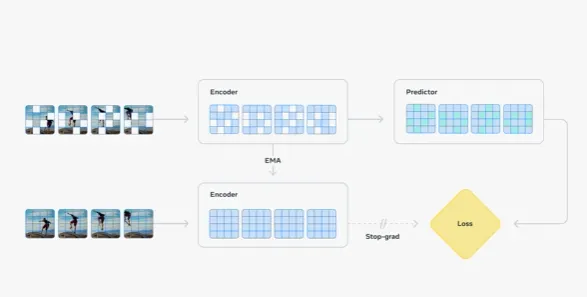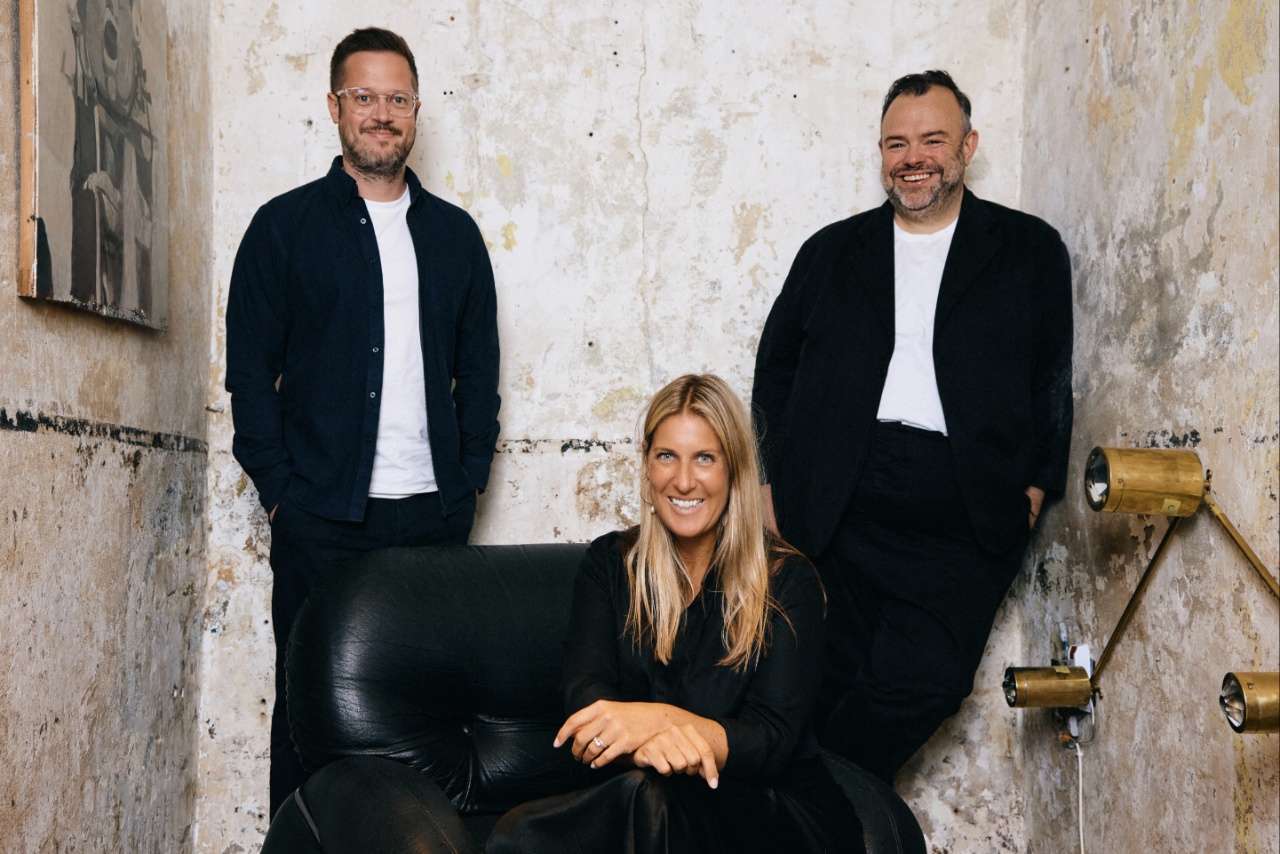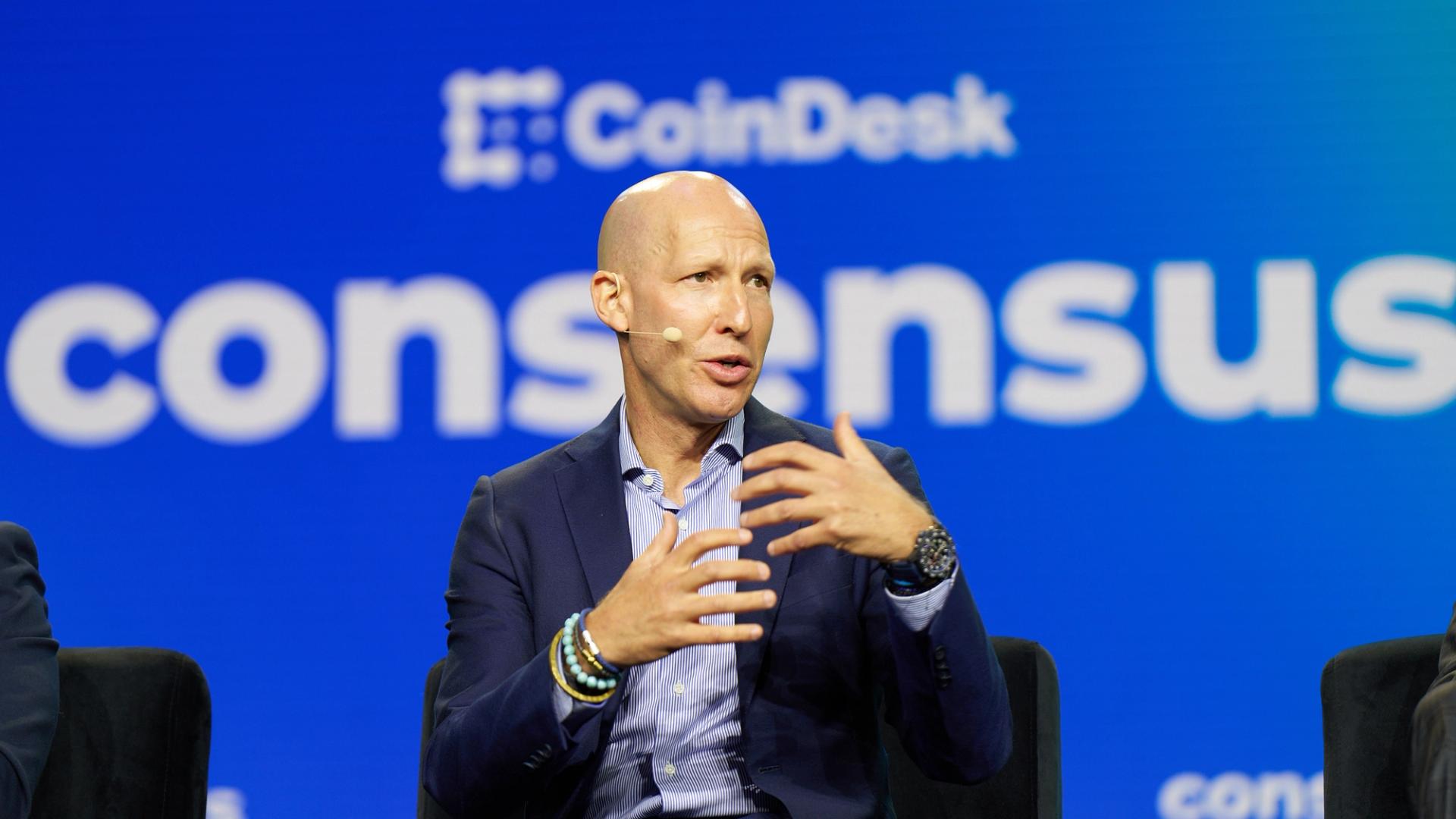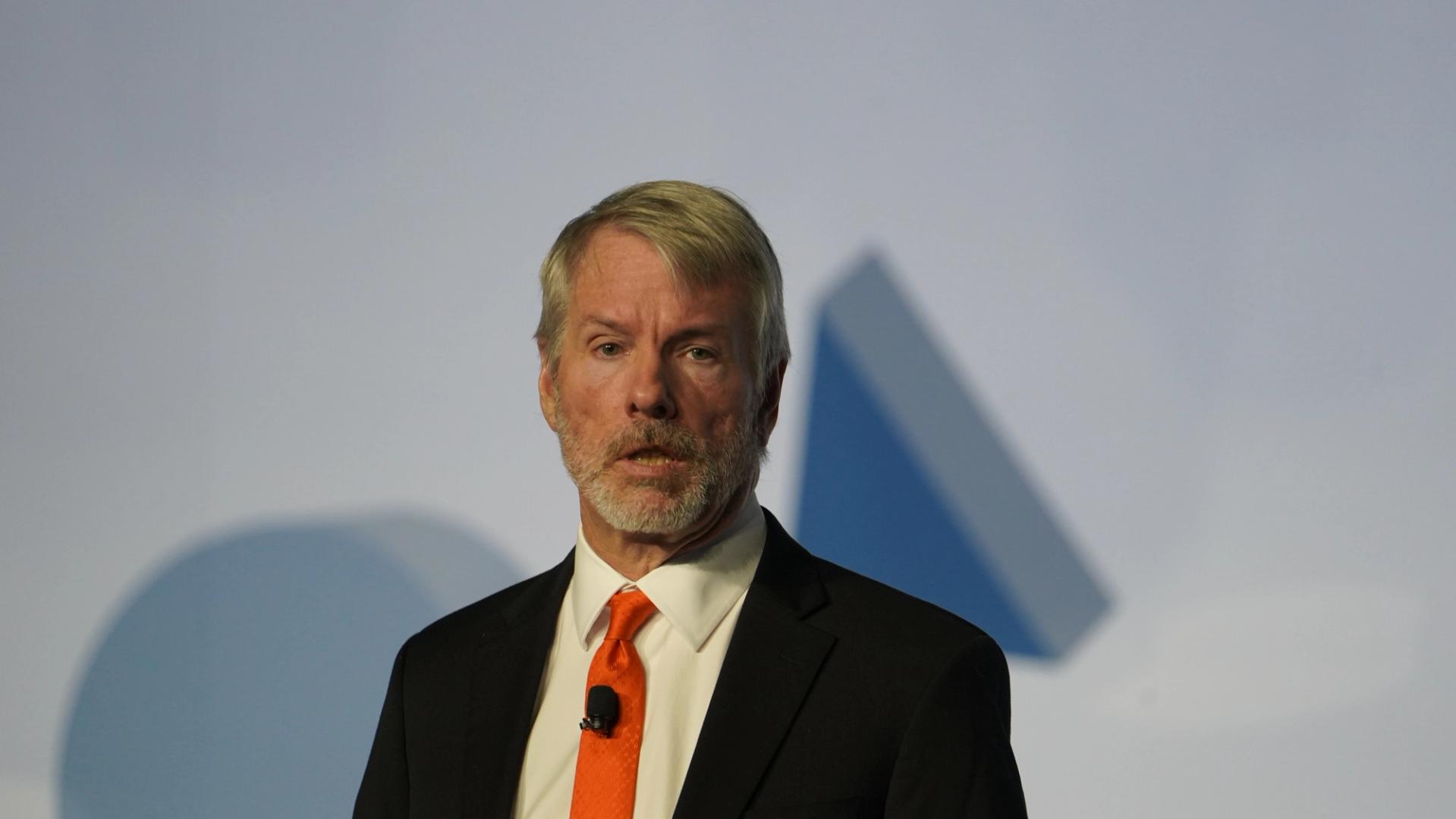Mathangi Ramachandran: Driving an AI-led mission to democratize finance and opportunity
Mathangi Ramachandran envisions a future driven by co-thinking systems, where humans and machines collaborate seamlessly. AWS' relentless innovation is


In a data-driven world obsessed with speed, accuracy, and impact, few professionals walk the tightrope between technological sophistication and social purpose as deftly as Mathangi Ramachandran. As Chief Data Officer at the Yubi Group, a lending-tech company reimagining credit infrastructure, she’s not only building cutting-edge AI systems but also guiding an industry toward deeper inclusion. “An idea to a possibility, to a reality happens very fast now,” she says. “And that’s both, the power and responsibility of Artificial Intelligence (AI).”
Ramachandran’s fascination with data and AI began at the National Institute of Technology, Trichy, where a course on market research triggered her curiosity. The idea that numbers could shape decisions and influence outcomes deeply intrigued her. Interest morphed into conviction during her MBA, when campus recruiters from General Electric (GE) described analytics as “the function that influences decision-making.”
Two decades later, she’s turned that early spark into a career that spans legacy banks, nimble fintech startups, and now a leadership role at Yubi where AI touches nearly every part of the customer journey — from onboarding and credit scoring to fraud detection and multilingual conversational bots.
“I view my role as creating impact in the financial industry using AI, data science, and core data engineering,” she says. “And that impact must benefit everyone, not just a privileged few.”
From Mainframes to the Cloud
Ramachandran began her career at GE Consumer Finance, developing underwriting models that decided, for instance, whether a customer’s credit card over-limit swipe should be approved. “The algorithms have evolved, but the business problems remain strikingly similar,” she observes. Her early years were spent programming on mainframe systems before the cloud revolution transformed the landscape of scalable computing.
Today, much of her AI strategy is powered by Amazon Web Services (AWS), which she credits with democratizing access to infrastructure and tooling. “What AWS really did was make experimentation and scale affordable,” she explains. Tools like SageMaker and Bedrock have become part of her team’s daily toolkit, enabling everything from document parsing to personalized video messaging for farmers in remote regions.
One key AWS-powered initiative at Yubi is ‘YuVoice’, which mines high-stress debt collection calls to extract insights for banks. Another is an impact analyzer, YuAccess processes thousands of pages to generate concise reports — a computational feat that simply wouldn’t have been possible without cloud-based architecture.
Building AI with purpose
Ramachandran believes AI can bridge the divide between the ‘haves’ and ‘have-nots’. That vision isn’t just rhetoric — it’s visible in Yubi’s bots, now live in 11 Indian languages at a major public sector bank, and in personalized educational videos created for borrowers in rural India. “Credit education is vital,” says Ramachandran. “If we can explain what a credit score means or how defaulting on a loan impacts future eligibility—especially in a farmer’s native language and dialect — that’s real empowerment.”
At Yubi, the AI stack spans the full lifecycle of financial products — from onboarding bots that help customers open accounts, to generative tools that interpret complex documents, to real-time fraud alerts. And that’s how the larger fintech and banking spaces are also evolving. “We’re not just building tech for tech’s sake. Commerce, especially in finance, is going to be driven by conversation — and we’re placing AI at the heart of that conversational commerce,” Ramachandran emphasizes.
Her team is even piloting AI tools for sectors beyond finance, such as real estate and hospitality. But the core goal remains unchanged: to use machine intelligence to deliver human benefit at scale.
Human + Machine: The Co-thinking paradigm
Unlike dystopian AI narratives, Ramachandran believes the future lies in ‘co-thinking systems’. “We’ve moved past humans leading machines or machines operating independently,” she explains. “Now, it’s about partnership. Systems that co-think with you, nudge you, step back when needed — it’s a balanced play.”
Even Yubi’s bots avoid rigid workflows. They’re designed to adapt, to persuade, to understand when to listen. “They’re not living beings, but we’re aiming for that level of interaction and nuance,” says Ramachandran, who is based out of Bangalore.
This philosophy also informs her stance on singularity — the point at which machine intelligence may surpass human intelligence. “Machines already outperform us in specific tasks. But that’s why governance is key. Left unchecked, AI can damage the very society that created it. But if used wisely, it can accelerate scientific discovery, deliver legal rights to the underserved, and enable remote healthcare and diagnostics at scale,” points out Ramachandran.
Women and tech
Despite her high rank, Ramachandran is vocal about the lack of gender diversity in leadership. “For women, it’s always a headwind; for men, it’s a tailwind. Biases exist, but machine bias is easier to fix than human bias. The deeper, unconscious biases in our society still hold women back,” she says candidly.
She argues that companies must go beyond token diversity metrics. “It’s not about how many women are in your C-suite. It’s about whether you accept different leadership styles — whether you can embrace empathy as a strength.”
Her advice to women in tech is equally unflinching: “You will face resistance. People will call you selfish. But your ambition is yours to define. Stay courageous,” says Ramachandran.
Amazon: a strategic partner, not just a vendor
Among her many collaborators, Ramachandran reserves special praise for Amazon Web Services — not just for its cloud offerings, but for the partnership model it brings. “AWS isn’t just a vendor; they’ve been a strategic partner for us. Their teams are engaged, responsive, and invested in our outcomes,” Ramachandran adds.
AWS’s constant innovation, helps her stay nimble in a world where even the most hyped AI techniques—like Retrieval Augmented Generation (RAG)—can be deemed outdated within weeks. “You can’t catch up with everything,” she laughs. “So you learn what gives you joy, and you build from there.”
The next frontier for Ramachandran involves hyper-local AI models. “We need models built for our culture, our languages—not just fine-tuned versions of systems used elsewhere. That’s where the next wave of innovation lies.”
In parallel, Yubi is expanding its AI toolkit into new sectors, while continuing to deepen its financial inclusion mission. Whether it’s a conversational bot for insurance or a predictive model for credit recovery, the throughline remains impact at scale.
Ramachandran also envisions a future where bots don’t just sound like humans—they outperform them. “We’ve already passed Turing’s threshold in a different direction. Humans are starting to sound like bots. Now the real challenge is: how do bots outwit bots?” she quips.
The Turing Test is a benchmark for evaluating a machine's ability to exhibit intelligent behavior indistinguishable from that of a human. It was proposed by Alan Turing in 1950 as a way to assess whether a computer program can convincingly mimic human conversation.
Despite her busy schedule, Ramachandran remains a hands-on learner. When she gets time, she codes. A relentless curiosity, paired with her mission-driven focus, defines her journey. At a time when the world is grappling with what AI means for humanity, Ramachandran offers a compelling answer: “If it helps solve large-scale societal problems, then AI deserves to stay. And if not—what was the point of building it at all?”





































































































































































































